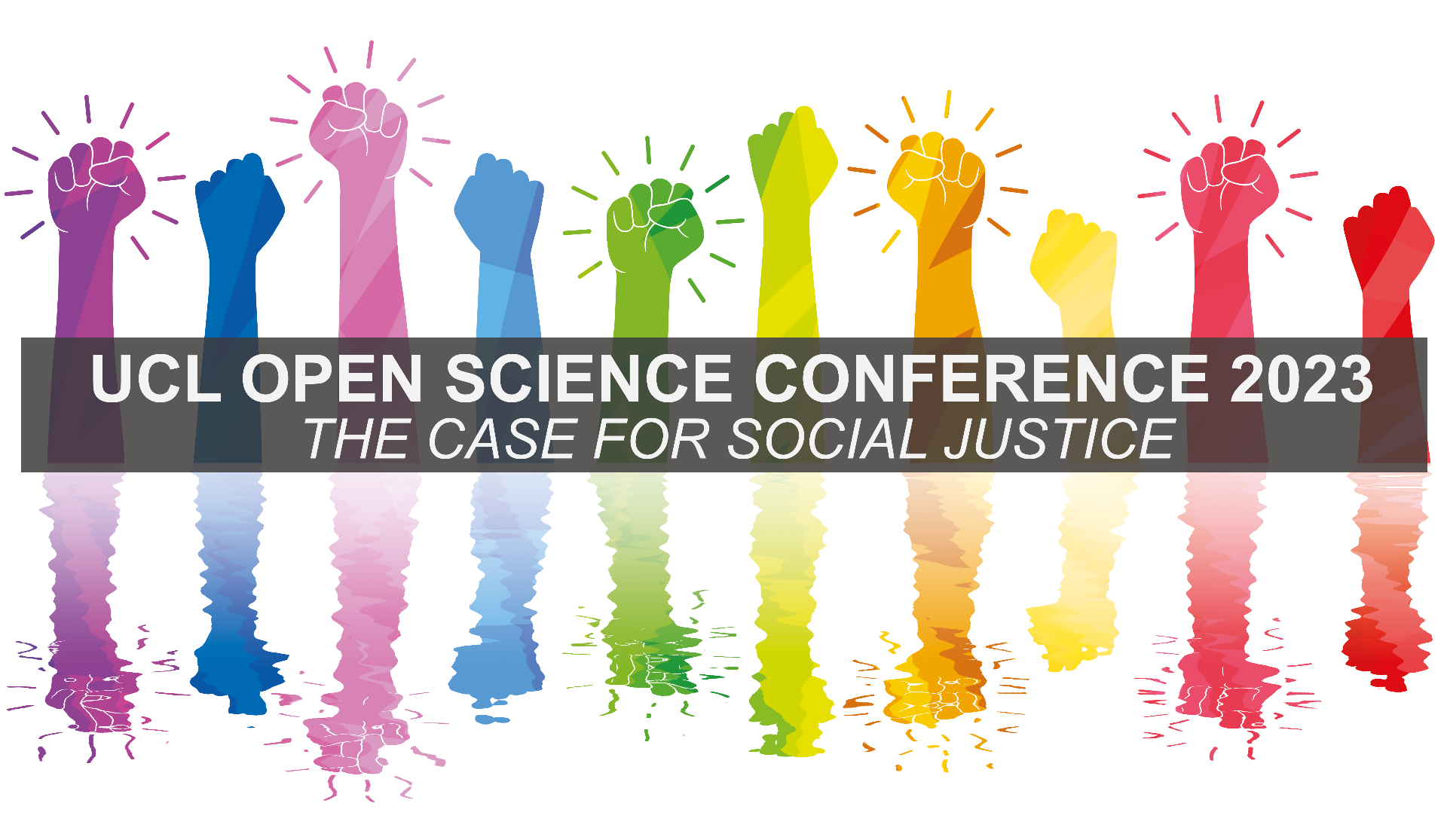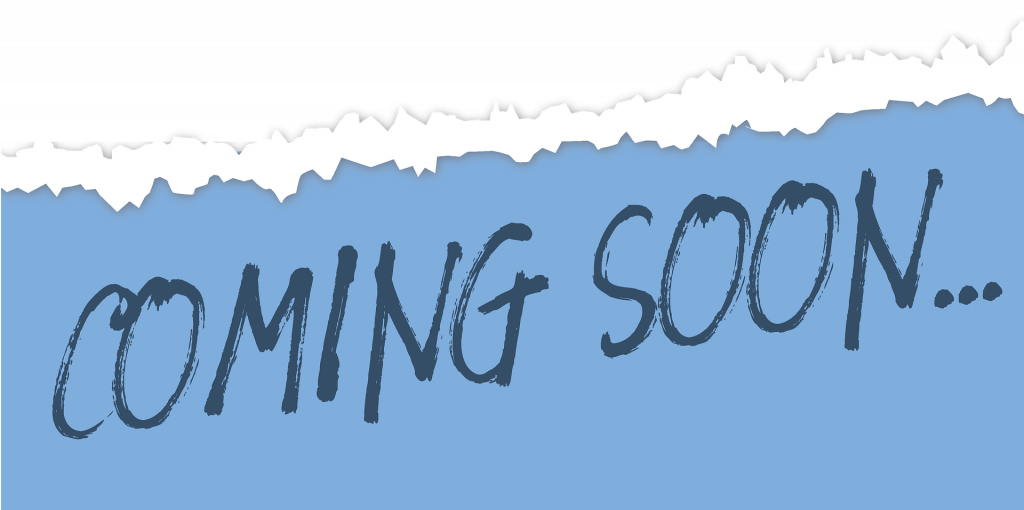UCL Open Science & Scholarship Conference 2024: Programme Now Available!
By Rafael, on 13 June 2024
 With less than a week until this year’s UCL Open Science Conference, anticipation is building! We are thrilled to announce that the programme for the UCL Open Science & Scholarship Conference 2024 is now ready. Scheduled for Thursday, June 20, 2024, from 1:00 pm to 5:00 pm BST, both onsite at UCL and online, this year’s conference promises to be an exciting opportunity to explore how the UCL community is leading Open Science and Scholarship initiatives across the university and beyond.
With less than a week until this year’s UCL Open Science Conference, anticipation is building! We are thrilled to announce that the programme for the UCL Open Science & Scholarship Conference 2024 is now ready. Scheduled for Thursday, June 20, 2024, from 1:00 pm to 5:00 pm BST, both onsite at UCL and online, this year’s conference promises to be an exciting opportunity to explore how the UCL community is leading Open Science and Scholarship initiatives across the university and beyond.
Programme Outline:
1:00-1:05 pm
Welcome and Introductions
Join us as we kick off the conference with a warm welcome and set the stage for the afternoon.
1:05-1:45 pm
Session 1: Celebrating our Open Researchers
Learn about the outstanding contributions of our Open Science champions and their work recognised at the UCL Open Science & Scholarship Awards last year.
1:45-2:45 pm
Session 2: Policies and Practice
Explore discussions on policy development and ethical considerations in Open Science, including talks on collaborative policy-making and the role of Open Source Programme Offices (OSPOs).
2:45-3:15 pm
Coffee Break
Network and engage with our fellow attendees over coffee, tea, and biscuits.
3:15-4:00 pm
Session 3: Enabling Open Science and Scholarship at UCL
Check out services and initiatives that empower UCL researchers to embrace Open Science, including updates on UCL Profiles, UCL Citizen Science Academy, and Open Science Case Studies.
4:00-4:45 pm
Session 4: Research Projects and Collaborations
Discover cutting-edge research projects and collaborations across UCL, including case studies involving the transition to Open Access publishing, reproducible research using medicinal plants, and social and cultural barriers to data sharing.
 4:45-5:00 pm
4:45-5:00 pm
Summary and Close of Main Conference
Reflect on key insights from the day’s discussions and wrap up the main conference.
5:00-6:30 pm
Evening Session: Poster Viewing and Networking Event
Engage with our presenters and attendees over drinks and nibbles, while exploring posters showcasing research and discussions in Open Science and Scholarship through diverse perspectives.
For the complete programme details, please access the full document uploaded on the UCL Research Data Repository, or access the QR code.
Join us – Tickets are still available!
Whether you’re attending in person or joining us virtually, we invite you to participate in discussions that shape the future of Open Science and Scholarship at UCL. Sales will close on Monday. Secure your spot now! Register here.
Thank you!
Thank you once more to everyone who submitted their ideas to the Call for Papers and Posters. We received brilliant contributions and are grateful for our packed programme of insightful discussions and projects from our community.
We look forward to welcoming you to the UCL Open Science & Scholarship Conference 2024!
Get involved!
 The UCL Office for Open Science and Scholarship invites you to contribute to the open science and scholarship movement. Stay connected for updates, events, and opportunities. Follow us on X, formerly Twitter, LinkedIn, and join our mailing list to be part of the conversation!
The UCL Office for Open Science and Scholarship invites you to contribute to the open science and scholarship movement. Stay connected for updates, events, and opportunities. Follow us on X, formerly Twitter, LinkedIn, and join our mailing list to be part of the conversation!
 Close
Close






